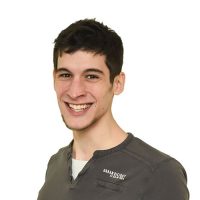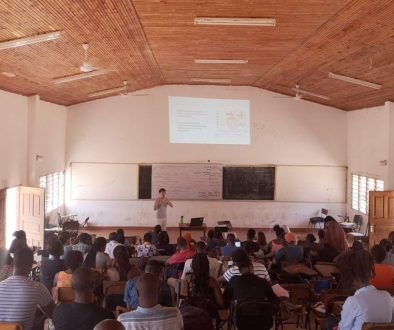Making research resources that are accessible to everyone
For my PIPS, I had the amazing opportunity to work in Kenya on two scientific-capacity-building efforts: developing a training video series and helping run a plant molecular biology course.
The PIPS is the Professional Internship for PhD Students, a key component of the BBSRC Doctoral Training partnership. It consists in a 3-month placement that is unrelated to the main research project.
Since most of my work had been done in Norwich, I was motivated to do my internship in a very different country, so I could experience a different work setting and avoid tunnel vision. I was introduced to ACACIA, which offered opportunities to work in Africa, my favoured destination.
Bioinforamtics video tutorials
The BecA-ILRI Hub in Nairobi wanted to produce video teaching materials. I love watching YouTube science videos so I had many ideas of what could work or not. Besides, producing my own was the hobby I wanted to start but had been putting off for a long time. Here, ACACIA was offering me to do it full-time! What a chance!
It can be challenging for scientists in low- and middle-income countries to access scientific training, so there is a demand for free resources that would improve their skill set. With Danny Ward, another PIPS student, and our supervisors Jean-Baka and Peter, we aimed to develop a video series that would fit this demand well.
We established a lot of requirements. For example, the videos should be engaging and short, ie 5 to 15 minutes, not a 45-minute boring screencast, and following a YouTube style. However, since were keen on promoting effective learning, we opted for a slower pace, with pauses, and a quiz section at the end.
To help non-native speakers, the English was kept simple. The presenter would be African to make the videos more accessible to our target audience. Finally, we only used free software to make the episodes, so anyone could continue the series.
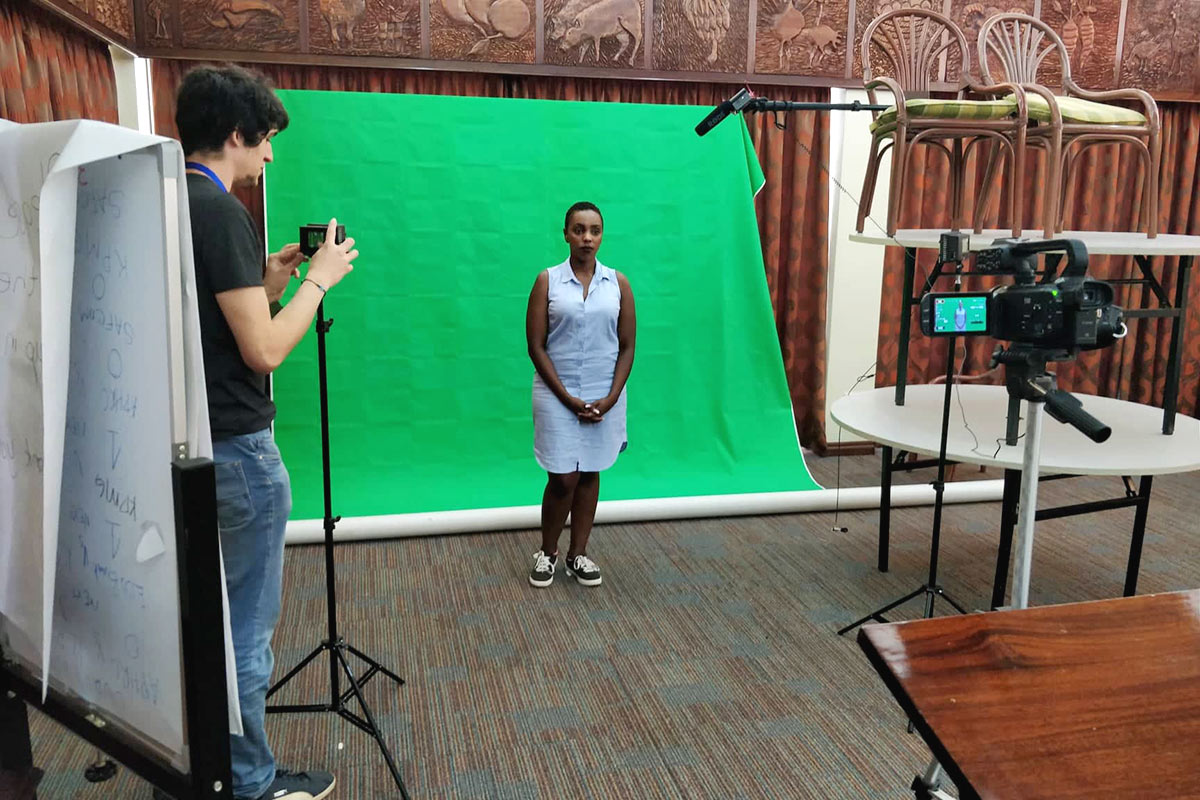
I wrote a script for a pilot episode on predatory conferences by consulting many articles and asking the scientists around me. The next step was to obtain the most professional result possible given our constraints.
We learned a lot from online resources and carried out extensive testing for optimal video and audio recording and editing. We then produced a draft pilot episode that we presented, on which we could obtain a lot of feedback from our supervisors and people in our target audience. Once our setup was optimised, we could shoot the pilot with a Kenyan presenter.
I used Lightworks to edit it and add music, effects, transitions, titles and overlays. This is a challenging task, so based on what I learned, I wrote a detailed tutorial that can teach someone how to obtain the same result. I also designed a logo in Inkscape with feedback from six different people and used Danny’s animations.
This final pilot was uploaded on YouTube with a good thumbnail and description. It was kept unlisted (only accessible with this link: https://youtu.be/W9es-LFba7g) as we would rather release a whole series of weekly episodes for maximum reach on YouTube. Still, this pilot can be an example of what can be done. We can show it to potential funders or to the people who would take over production, for example the next PIPS students!
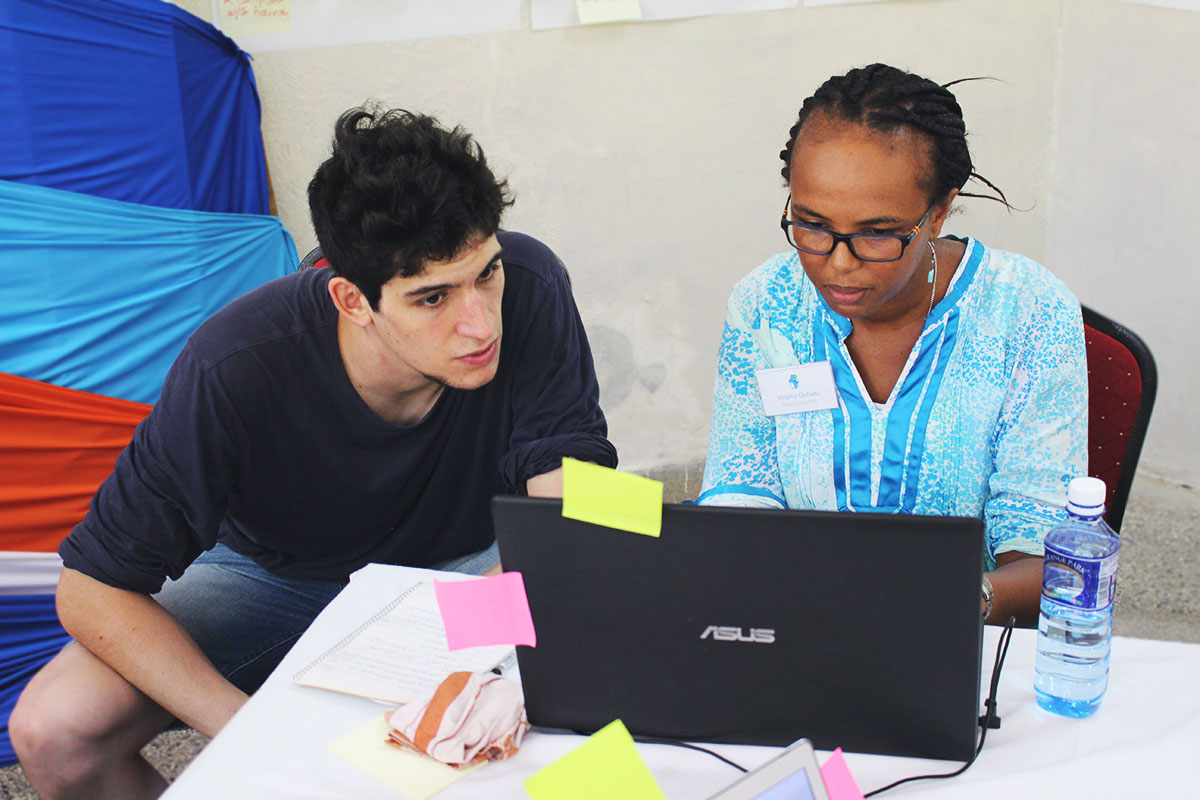
AfriPlantSci summer school
After our video project in Nairobi, we went to Pwani University on the coast to help run AfriPlantSci, a two-week intensive course in plant health and molecular biology.
There were 23 participants selected out of over 600 applicants from all over Africa. This was therefore a very diverse and brilliant cohort that we had the chance to work with.
Our job was to demonstrate and help run the practicals, facilitate the workshops and group discussions, chair guest lectures and just make sure everything runs smoothly. We also designed and ran a “Biomakers Ideas” session: it first introduced the participants to the idea of solving problems using cheap DIY. For example, controlling the growth conditions for a plant using sensors and an Arduino. We then prompted them to come up with their own problems and solution ideas. Very pleasingly, they gave us so many! We shared them with Biomakers enthusiasts in the UK who could start a project. It would also inspire the African scientists to take part in a Biomaker Challenge themselves.
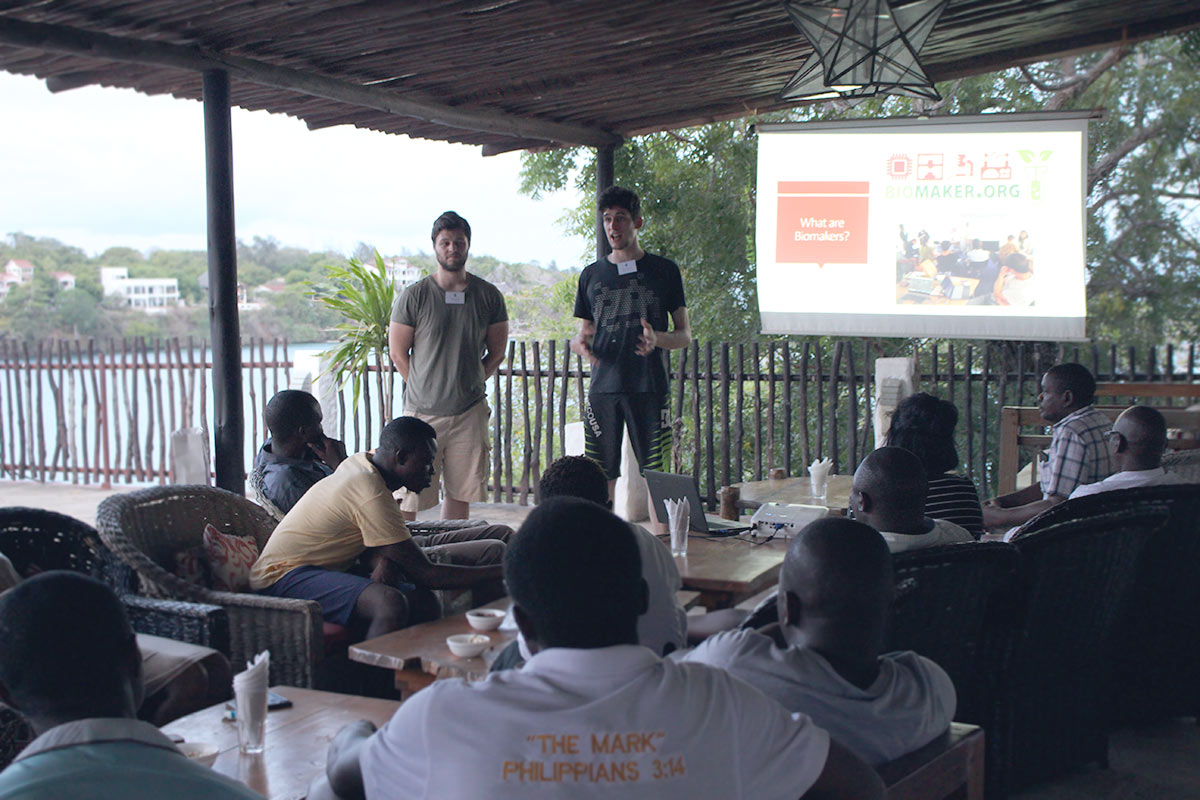
Overall, this PIPS internship surpassed my already high expectations! Everyone working for ACACIA incredibly very nice and helpful. The projects were amazing for my personal development and our hard work pleased many people, including us.
Furthermore, Kenya is a beautiful and fascinating place where I actually felt surprisingly comfortable. I hope many more people will get the opportunity to make a difference for themselves and for scientific capacity in Africa!

